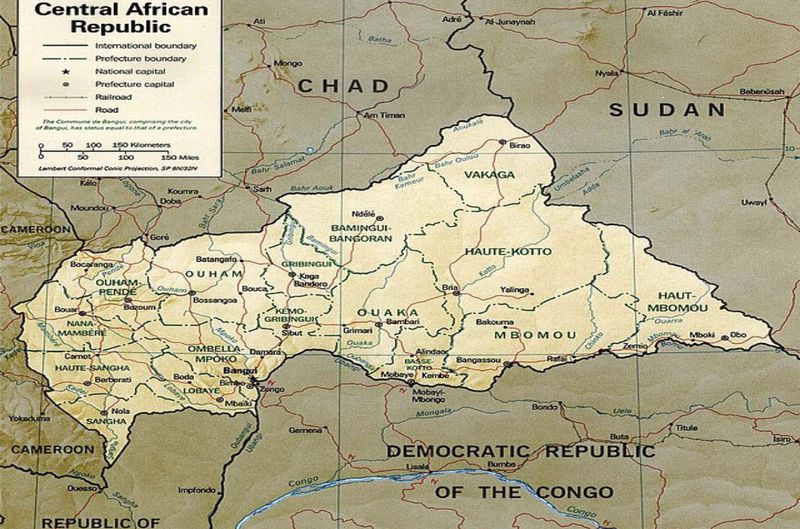
Central African Republic approves constitutional changes after votes results
Central African Republic court approved the outcome of a constitutional referendum that will enable the current president to vie again.

The top court in the Central African Republic on Monday 21 August 2023 approved the outcome of a referendum which found that 95 per cent of voters backed constitutional changes that will enable President Faustin Archange Touadera to seek a third term.
ALSO READ: Libyan authorities relocate 161 Nigerian migrants after donation
The changes, fiercely criticised by the opposition, will scrap the two-term limit in the Central African Republic and extend the presidential mandate from five to seven years.
ALSO READ: Constitution change causes protests in Central Africa Republic
A COURT SESSION WAS DECLARED
The Constitutional Court “validates and announces the definitive results of the constitutional referendum of July 30”, its president, Jean-Pierre Waboe, declared at a court session.
The final results made only minor changes to the provisional results announced by the National Election Authority on August 7.
ALSO READ: UN peacekeeper killed in Central African attack
The Yes vote was officially given as 95.03 per cent, compared with 95.27 per cent earlier, while turnout was reduced to 57.23 per cent, against 61.10 per cent announced previously. The country’s main opposition parties and civil society groups had urged a boycott.
One of the poorest and most troubled countries in the world, the landlocked CAR nation has been gripped by conflict and political turmoil for most of its history since its independence from France in 1960.
ALSO READ: West and Central Africa’s small-scale fishers in need of more support
DID EFFORTS FOR CONSTITUTIONAL CHANGE DISRUPT PEACE?
Touadera, 66, was first elected president in 2016, after French military intervention, followed by the deployment of UN peacekeepers, ended a bloody civil war that flared along sectarian lines.
In 2020 he won a second term, but the ballot had a turnout of only a third of the electorate as rebel groups who controlled swathes of the country intimated voters.
The Constitutional Court last September dealt a humiliating blow to the proposed constitutional change, scrapping the establishment of a committee tasked with drafting the new charter.
The court’s president, Daniele Darlan, was then targeted in violent verbal attacks by Touadera supporters and, in January this year, was forcibly retired.